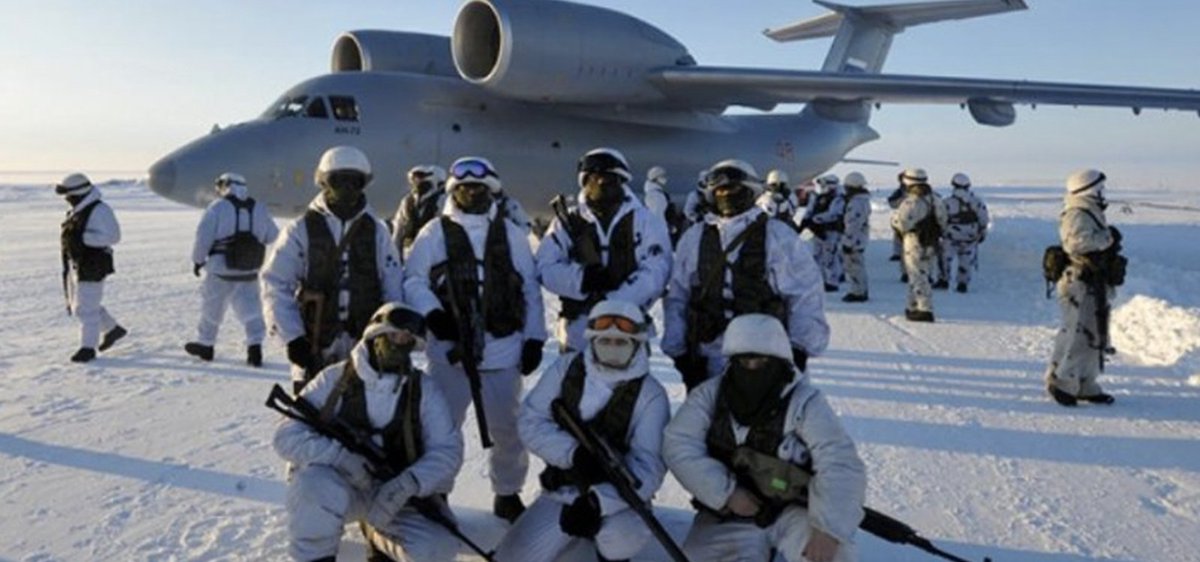1/ The government of Russia's republic of Chechnya is reportedly forcibly sending detained homosexual men to fight in Ukraine, blackmailing them into 'volunteering' for a military contract. At least seven such cases are known, with one person killed so far. ⬇️ 

2/ The Russian organisation Crisis Group SK SOS, which supports persecuted LBTQ+ people in the North Caucasus, reports that as early as September 2022 the Chechen authorities began forcibly sending detained LGBTQ+ people to war in Ukraine.
3/ Six men are reported to have been detained in September 2022 on suspicion of being homosexual. According to SK SOS, "they were threatened that a criminal case would be fabricated against them and they would be sent to a pretrial detention center to await sentencing,...
4/ where information about their orientation would become known to their cellmates.
The alternative was to pay the ransom or volunteer to go to war. In the end, three of the detainees were forced to agree to volunteer, as the ransom was too much for their families."
The alternative was to pay the ransom or volunteer to go to war. In the end, three of the detainees were forced to agree to volunteer, as the ransom was too much for their families."
5/ "The security forces were asking for 1.5 million rubles [$17,000]. One of those who went to war died.
"The arrests continued the following year: in 2023, several members of the LGBTQ+ community were detained during one of the [anti-homosexual] raids.
"The arrests continued the following year: in 2023, several members of the LGBTQ+ community were detained during one of the [anti-homosexual] raids.
6/ "The girls were handed over to relatives that evening, and four boys were forced to go to Ukraine. Their subsequent fate is unknown."
The government of Chechen leader Ramzan Kadyrov is both homophobic and an enthusiastic supporter of the war in Ukraine. It has used aggressive tactics to enrol Chechens in the war, though its troops don't have a good reputation even on the Russian side. /end
Source:
sksos.org/news/lgbt-na-v…
sksos.org/news/lgbt-na-v…
• • •
Missing some Tweet in this thread? You can try to
force a refresh










